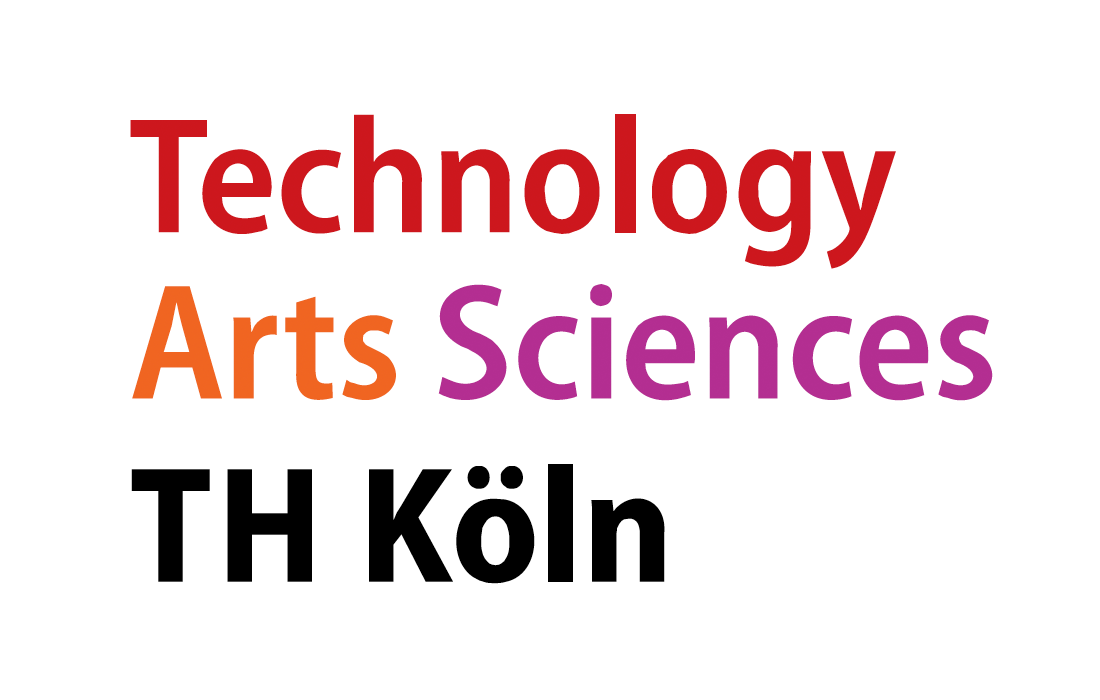Beitrag zu Handlungsfeldern
Nachfolgend ist die Zuordnung des Moduls zu den Handlungsfeldern des Studiengangs aufgeführt, und zwar als anteiliger Beitrag (als ECTS und inhaltlich). Dies gibt auch Auskunft über die Verwendbarkeit des Moduls in anderen Studiengängen und über die Beziehung zu anderen Modulen im selben Studiengang.
| Handlungsfeld |
ECTS (anteilig) |
Modulbeitrag zum Handlungsfeld |
| Architecting and Coding Software |
4 |
The module contributes to growing competencies in this field since students will relate their own challenges to theoretical and conceptional foundations and the state of the art, design distributed systems and software architectures based on appropriate architecture patterns, and assess and choose relevant software and hardware stacks as well as methods and tools.
|
| Designing Innovations and Products |
1 |
Students will reflect on and study mobile and distributed systems with regard to research and innovation.
|
| Managing and Running IT |
1 |
Students will build their concepts as executable code and deployable systems.
|
Learning Outcome
After finishing this module students will be able to design, to build and to study mobile and distributed systems. They will achieve this goal by
- relating their own challenges to theoretical and conceptional foundations and the state of the art,
- designing distributed systems and software architectures based on appropriate architecture patterns,
- assessing and choosing relevant software and hardware stacks as well as methods and tools,
- implementing their concepts as executable code and deployable systems,
- reflecting on and studying mobile and distributed systems with regard to research and innovation.
This will enable participants to design, build and study mobile and distributed systems. It will empower them to contribute to research and development oriented projects.
Inhaltliche Beschreibung des Moduls
- Mobile Computing
- Edge Computing and Internet of Things
- Fields of applications
- System architectures and pattern
- Relevant technologies and protocols
- Case studies (e.g. Corona Warning App)
- Lectures and seminars
- Project and lab work
Zur Verfügung gestelltes Lehrmaterial
- Lecture slides
- Collaboration tools (e.g. wiki, repository)
- List of selected literature and web resources
Weiterführende Literatur
- Will be made available via wiki
